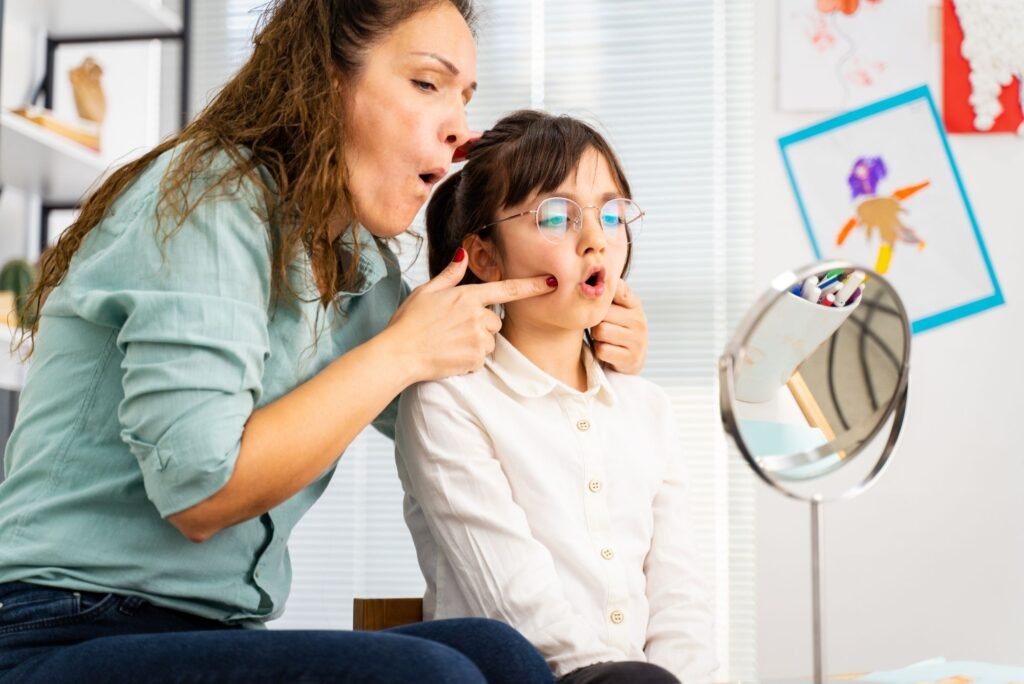Language therapy
Language therapy
Language therapy, a vital component of occupational therapy, focuses on addressing difficulties individuals may encounter in understanding, expressing, and using language. Occupational therapists play a crucial role in helping people of all ages overcome challenges related to communication and language skills.
The Role of Occupational Therapists in Language Therapy
Assessment
Occupational therapists begin by conducting thorough assessments to identify language-related issues. This involves evaluating the individual’s comprehension, expression, and pragmatic language skills. Observations and interviews with the individual and their caregivers are integral in understanding their unique needs.
Goal Setting
Based on the assessment, occupational therapists collaboratively set realistic and personalized goals with the individual and their support system. These goals may include improving vocabulary, enhancing social communication skills, or addressing specific language disorders.
Intervention Strategies
Occupational therapists employ a variety of intervention strategies to enhance language skills. These may include:
1. Play-based Therapy: For children, play is a powerful medium for language development. Occupational therapists use play activities to create a natural and enjoyable environment for language learning.
2. Social Communication Training: Occupational therapists work on improving social skills and pragmatic language use, helping individuals navigate social interactions more effectively.
3. Augmentative and Alternative Communication (AAC): For those with severe language impairments, therapists may introduce AAC systems such as communication boards, speech-generating devices, or sign language.
4. Cognitive-Communication Interventions: Addressing higher-level cognitive functions related to language, occupational therapists help individuals with problem-solving, memory, and executive function challenges.
Collaboration with Other Professionals
Occupational therapists often work collaboratively with speech-language pathologists, educators, psychologists, and other healthcare professionals to provide comprehensive care. This interdisciplinary approach ensures a holistic understanding of the individual’s needs and a coordinated effort to support their language development.
Target Populations
Language therapy through occupational therapy is applicable across various populations, including:
– Children: Addressing developmental language delays and disorders.
– Adults: Supporting individuals recovering from strokes, brain injuries, or neurodegenerative conditions affecting language.
– Seniors: Providing interventions for age-related language difficulties.
Importance of Language Therapy in Daily Life
Effective communication is essential for meaningful participation in daily activities, education, work, and social interactions. Language therapy not only focuses on linguistic aspects but also considers the broader context of an individual’s life and the impact of communication challenges on their overall well-being.
Conclusion
Occupational therapy for language therapy is a dynamic and personalized approach to improving communication skills. By addressing the unique needs of each individual, occupational therapists play a vital role in enhancing their ability to connect, express themselves, and engage meaningfully in various aspects of life.

Book an Appointment
Physiotherapy: Your Path to Pain Relief
Physiotherapists are movement experts who can help manage and reduce pain. Through manual therapy, exercise programs, and education, they can improve your mobility and function, empowering you to live an active, pain-free life.
